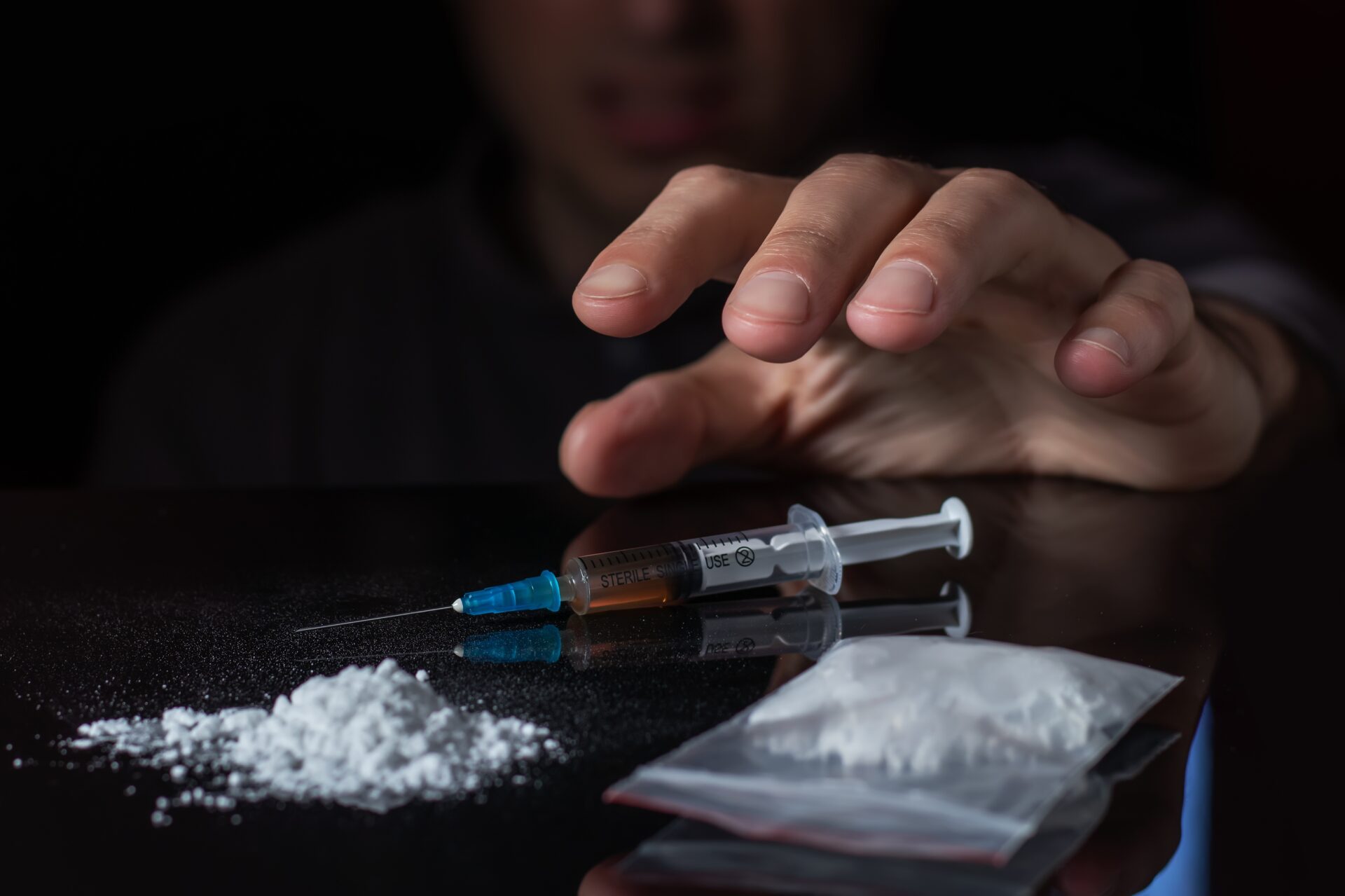
“Drug Zombie” Crisis – Locals OUTRAGED!
Boston’s harm reduction policies face mounting opposition from residents who say they have brought increased public disorder to their neighborhoods.
At a Glance
- Boston expanded harm reduction measures, including needle exchanges and overdose prevention
- Residents in areas like Downtown Crossing report rises in public drug use and safety issues
- Suffolk County DA and community leaders cite increases in discarded needles and loitering
- City officials promise to adjust strategies based on resident feedback
- Debate centers on balancing overdose prevention with public order concerns
Community Frustration in Affluent Neighborhoods
Boston’s recent expansion of harm reduction programs, such as needle exchanges and overdose prevention facilities, has been met with vocal opposition from some residents in affluent neighborhoods. Community members, particularly from the South End’s Downtown Boston Neighborhood Association (DBNA), argue that the rollout of these initiatives has coincided with increased visible substance use, loitering, and other public disorder issues in areas like Boston Common and Downtown Crossing.
Suffolk County District Attorney Kevin Hayden and DBNA co-founder Rishi Shukla point to rising reports of discarded needles, public intoxication, and safety complaints as signs that these policies—while well-intentioned—are negatively affecting community life. The tension has received significant media attention, framing the issue as a clash between progressive public health approaches and residents’ lived experiences.
Watch now: Boston’s Harm Reduction Debate · YouTube
City officials maintain that harm reduction remains a vital tool for saving lives and preventing disease, but acknowledge the need for strategies that work for all neighborhoods. Public health agencies, law enforcement, and community organizations are working together to adapt tactics in real time based on local feedback.
Historical Context and Policy Rollout
Harm reduction programs in the United States were initially developed to curb overdose deaths and reduce the spread of infectious diseases linked to injection drug use. Massachusetts, and particularly Boston, have been at the forefront of implementing these strategies, with legislative backing for needle exchanges and overdose prevention facilities.
In Boston, these policies have been implemented alongside broader public health campaigns and targeted outreach to populations at high risk of overdose. However, the impact on public spaces in certain neighborhoods has led to pushback. Critics argue that the location and scope of services should be reassessed to prevent negative spillover effects, while supporters insist that harm reduction saves lives and connects people to treatment.
Future Policy Directions
The growing opposition from residents could influence future policymaking. If political pressure increases, Boston may adjust its harm reduction framework to incorporate stricter controls on public behavior while maintaining core health services. This balancing act is being closely watched by other U.S. cities facing similar challenges with opioid use in public spaces.
Public health experts such as Beth E. Meyerson, Professor of Public Health at the University of Arizona, stress that harm reduction must be adapted to local contexts to be effective. Advocates like Aubri Esters, co-founder of SIF MA, emphasize the proven benefits in preventing overdose deaths and disease transmission. On the other side, law enforcement and some neighborhood groups call for increased enforcement and greater limits on visible drug activity in public areas.
Boston’s evolving approach may ultimately serve as a reference point for how cities navigate the tension between life-saving interventions and community quality-of-life concerns. Whether the city can maintain harm reduction goals while addressing residents’ safety demands will shape not only local policy, but also national discourse on public health strategies.
Sources
City of Boston
Massachusetts Legislature
Massachusetts Health & Hospital Association


